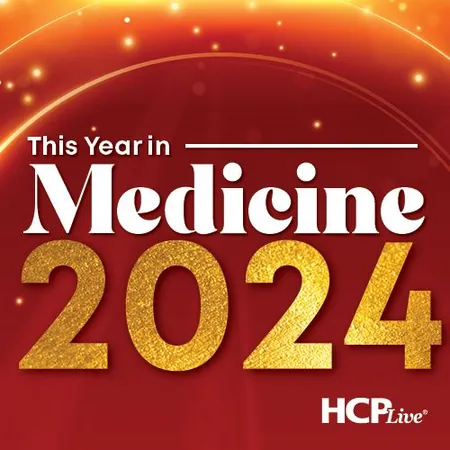
Urgent Action Required to Combat Chagas Disease: A Hidden Threat in Switzerland
2024-12-21
Author: John Tan
Introduction
In a groundbreaking review recently published in *Swiss Medical Weekly*, the Swiss Tropical and Public Health Institute (Swiss TPH) has raised alarm bells about Chagas disease, a tropical illness often associated with Latin America, but affecting an estimated 2,000 to 4,000 individuals in Switzerland. This collaborative study, which involved the World Health Organization (WHO) and several partners, underscores the critical need for enhanced screening and healthcare strategies to combat this largely underdiagnosed disease within Swiss borders.
Understanding Chagas Disease
Chagas disease is caused by the parasite *Trypanosoma cruzi*, which infects approximately 7 to 8 million people globally. While primarily endemic to Latin America, the disease is capable of spreading via various transmission routes, including triatomine bugs (which are absent in Europe), contaminated food, blood transfusions, organ donations, and from mother to child during pregnancy and birth.
Disease Phases and Complications
The disease unfolds in two distinct phases. The acute phase, spanning the first two months post-infection, often presents mild or no symptoms, such as fever or localized swelling. However, decades later, in the chronic phase, nearly one-third of infected individuals may experience severe complications affecting the cardiovascular, digestive, or neurological systems. In advanced cases, individuals can face life-threatening issues like arrhythmias or sudden cardiac arrest. The WHO categorizes Chagas disease as a neglected tropical disease (NTD), highlighting the dire need for public awareness and medical intervention.
Recognition and Diagnosis Challenges
The Swiss TPH review reveals an alarming trend: many cases of Chagas disease go unrecognized, particularly in non-endemic regions like Switzerland. Dr. Pablo Martinez de Salazar, a Senior Scientific Collaborator at Swiss TPH, emphasizes this challenge, stating, "A significant barrier to timely diagnosis is the lack of awareness among health care providers, combined with the absence of national screening programs."
Swiss Chagas Network
In response to these findings, a Swiss Chagas Network has been established, aiming to eradicate Chagas disease as a public health concern through comprehensive, coordinated measures. This network intends to disrupt transmission routes and ensure that affected individuals receive the necessary clinical management.
Key Initiatives
Key initiatives of the network include integrating Chagas screening into prenatal and pediatric healthcare to facilitate early detection and prevent mother-to-child transmission during childbirth. Reflecting international medical standards, the Swiss Society for Gynecology and Obstetrics has recently released guidelines on screening, prevention, and treatment for congenital Chagas disease.
Importance of Systematic Screening
Mar Velarde, a Scientific Collaborator at Swiss TPH and the study’s co-author, emphasizes the importance of systematic screening: "Focusing our efforts on Latin American migrants—especially women of reproductive age, pregnant women, and children—is critical. If we implement these strategies effectively, Switzerland could not only meet the WHO's global targets for neglected tropical diseases by 2030 but also serve as an exemplary model for other countries facing similar challenges."
Global Commitment and Future Steps
The WHO's ambitious roadmap outlines global targets aimed at preventing, controlling, and eliminating NTDs by 2030, urging countries to take proactive measures. Switzerland’s commitment to addressing Chagas disease could mark a transformative step towards safeguarding public health and setting a precedent in the fight against neglected diseases globally.
Conclusion
As awareness grows about this hidden threat, the push for coordinated action becomes more urgent than ever. By bringing Chagas disease to the forefront of public health discussions, Switzerland can potentially save lives and inspire a worldwide movement against neglected tropical diseases.



 Brasil (PT)
Brasil (PT)
 Canada (EN)
Canada (EN)
 Chile (ES)
Chile (ES)
 España (ES)
España (ES)
 France (FR)
France (FR)
 Hong Kong (EN)
Hong Kong (EN)
 Italia (IT)
Italia (IT)
 日本 (JA)
日本 (JA)
 Magyarország (HU)
Magyarország (HU)
 Norge (NO)
Norge (NO)
 Polska (PL)
Polska (PL)
 Schweiz (DE)
Schweiz (DE)
 Singapore (EN)
Singapore (EN)
 Sverige (SV)
Sverige (SV)
 Suomi (FI)
Suomi (FI)
 Türkiye (TR)
Türkiye (TR)